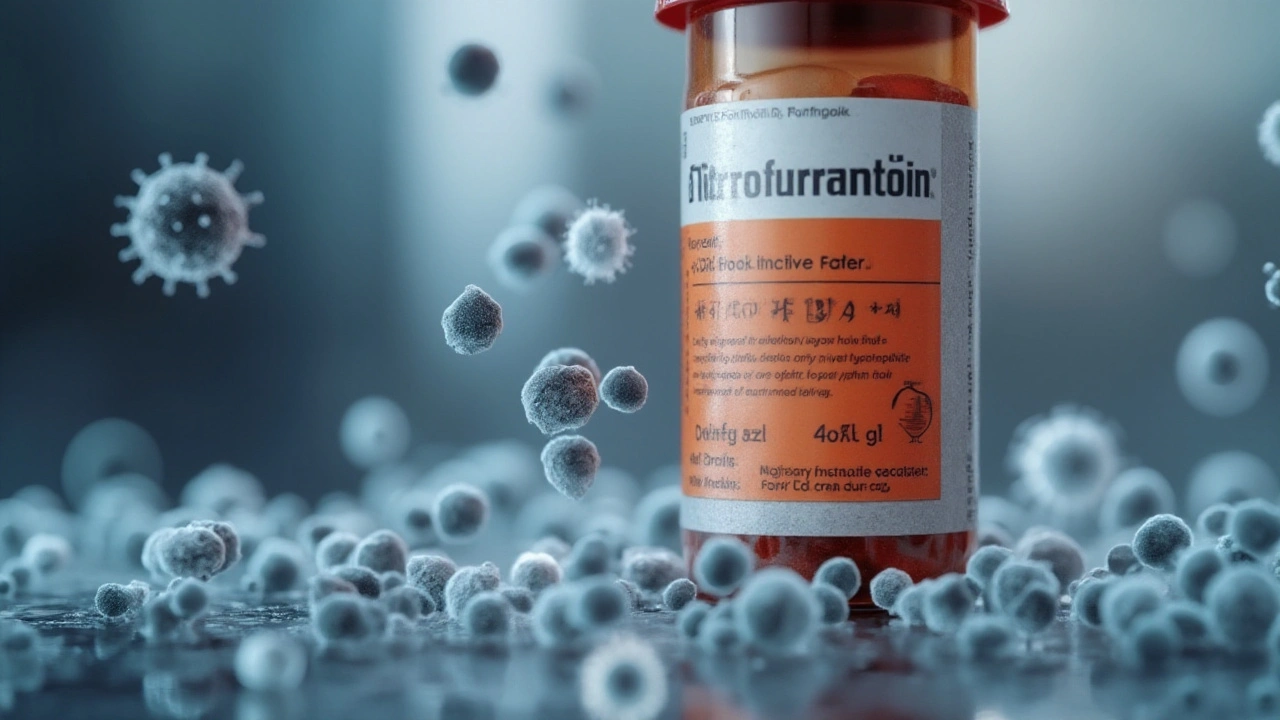Immune System Basics & Simple Boosters
Your immune system is the body’s defense crew. It fights germs, clears out damaged cells, and keeps you feeling well. Most people think a strong immune system is only about avoiding colds, but it’s also key for recovery after injury, surgery, or chronic illness. The good news? You don’t need a fancy lab test to give it a lift – a few everyday habits do the trick.
First, focus on the foundation: sleep, nutrition, and movement. Aim for 7‑9 hours of sleep each night; lack of sleep drops immune cells that hunt viruses. Eat a colorful plate – fruits, veggies, lean proteins, and healthy fats give the vitamins and minerals immune cells love. Even a short walk or light jog boosts circulation, helping immune cells patrol the body faster.
Potential Pitfalls & Safe Supplements
Supplements can help fill gaps, but not all are created equal. A popular claim is that colloidal silver boosts immunity. Our recent post on “Colloidal Silver Benefits, Risks, and Safer Alternatives (2025 Guide)” shows that while silver has antimicrobial properties, regular use can cause skin discoloration (argyria) and interact with antibiotics. Safer alternatives include vitamin C, zinc, and vitamin D – they have solid evidence and fewer side effects.
Vitamin D is a standout. Most people get too little from sunlight, especially in winter. A daily 1,000‑2,000 IU dose supports the white blood cells that target infections. Zinc lozenges taken at the first sign of a sore throat can shorten illness by a day or two. Remember, more isn’t always better; stick to recommended doses to avoid nausea or copper deficiency.
Medications That Interact With Immunity
Some prescription drugs can unintentionally dampen your immune response. Steroids like prednisolone, detailed in our “Prednisolone Guide,” are powerful anti‑inflammatories but also suppress immune activity, making infections easier to catch. If you’re on steroids, keep an eye on your vaccinations and practice extra hand hygiene.
Antibiotics such as clarithromycin and keftab (cephalexin) treat bacterial infections, but overuse can disrupt the gut microbiome – a key player in immune health. Our guides on buying these meds online stress the importance of using them only when prescribed and finishing the full course.
On the flip side, some meds actually help the immune system. Antiviral drugs like oseltamivir (flu medication) can reduce the severity of viral infections, buying your immune system time to respond. Knowing which drugs help or hurt your immunity can guide better conversations with your doctor.
Finally, lifestyle choices matter. Stress spikes cortisol, which can lower immune effectiveness. Simple practices – short breathing exercises, a quick walk during a break, or sketching for five minutes – keep stress in check. Pair these with the sleep, nutrition, and supplement tips above, and you’ve got a well‑rounded plan.
Bottom line: building a resilient immune system isn’t about miracle pills. It’s about consistent, everyday actions – solid sleep, balanced meals, safe supplements, and smart medication use. Follow these steps, stay informed with our latest articles, and give your body the support it needs to stay strong.

Nitrofurantoin and Your Immune System: Essential Insights
This article dives into the intricate relationship between Nitrofurantoin, a common antibiotic, and the immune system. Explore how this medication affects your body's defense mechanisms, its side effects, and practical tips for managing your health while on Nitrofurantoin.
Categories: Health
19
